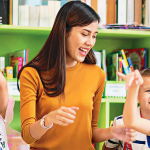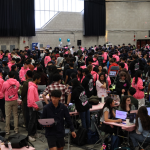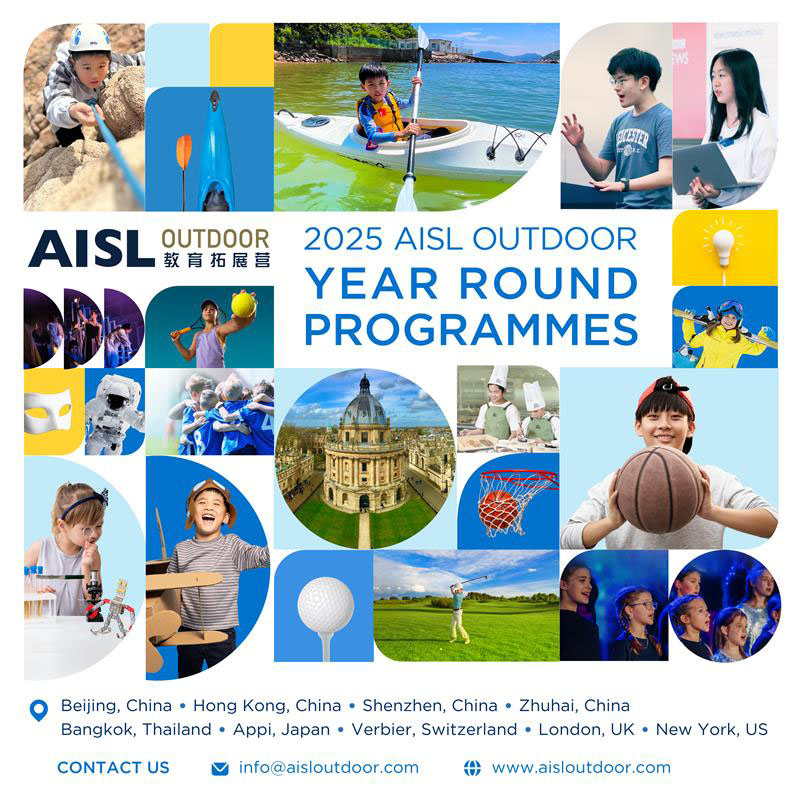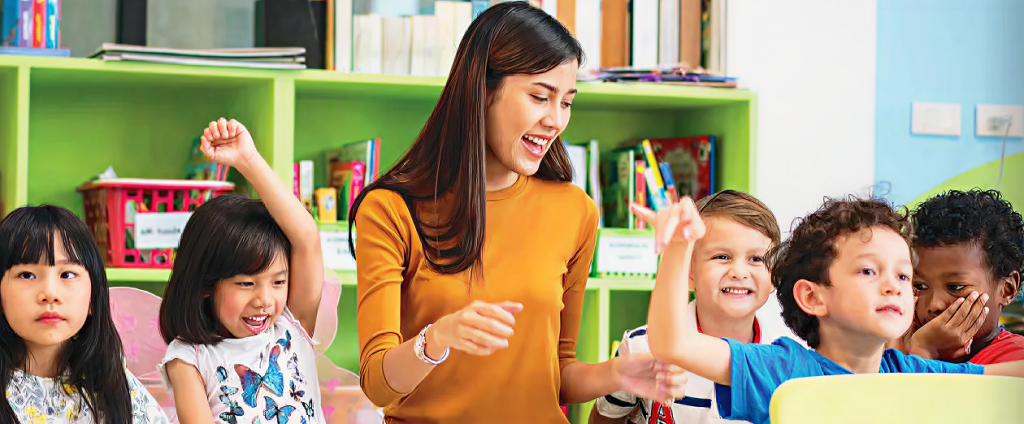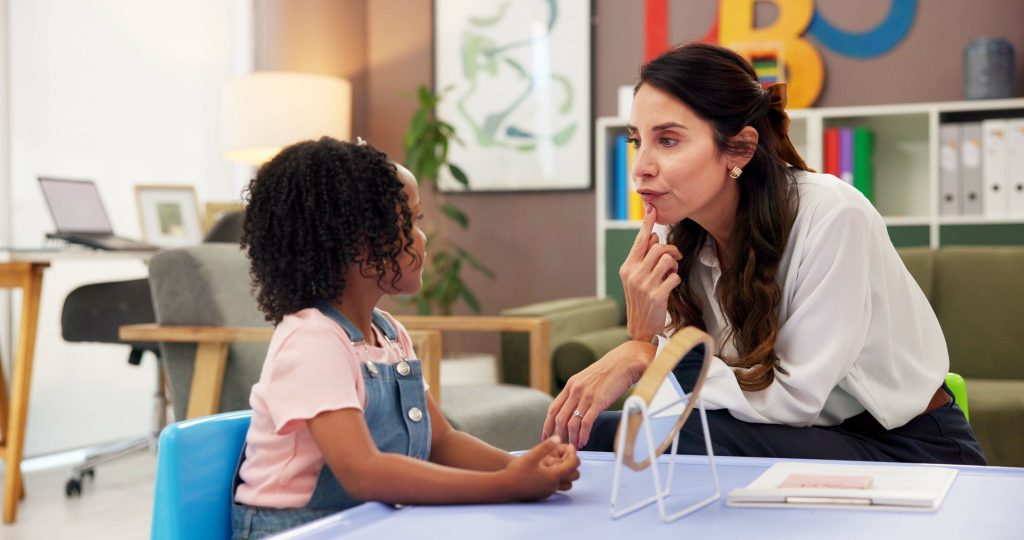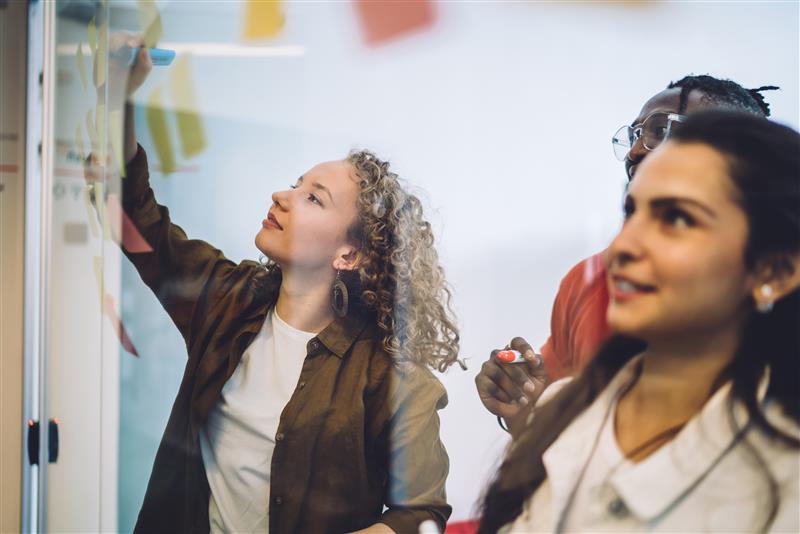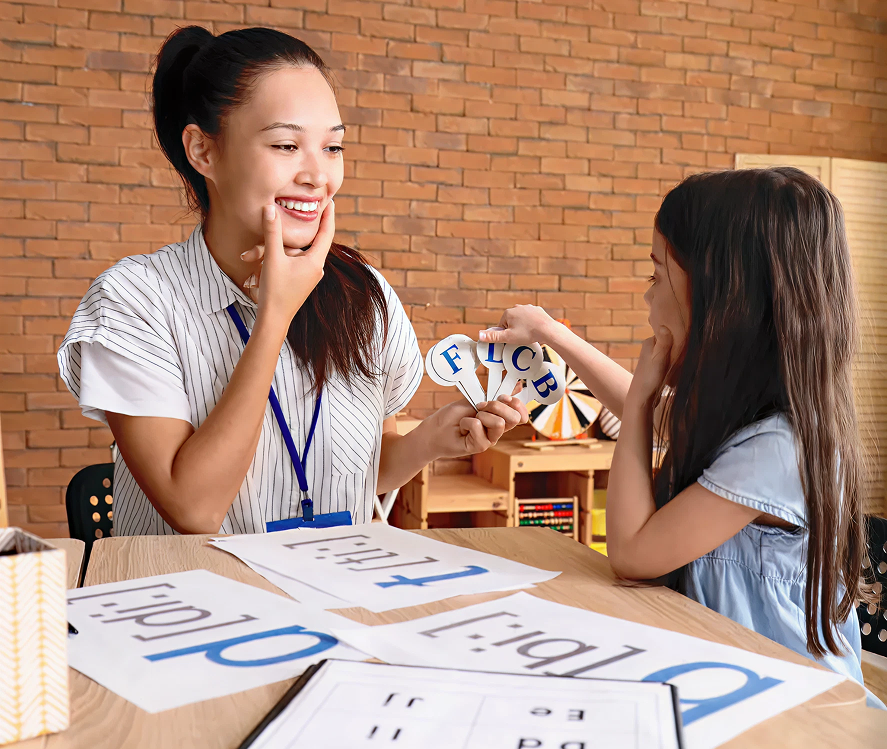In a world where knowledge is just a click away, the ability to question, explore, and adapt has become more valuable than ever. For early childhood educators and families, nurturing curiosity represents a long-term investment in helping students navigate a complex, fast-changing future. And yet, many early learning environments still prioritise pre-set outcomes or overly structured activities, unintentionally dampening a child’s natural instinct to wonder.
Curiosity in the early years means understanding how children make sense of their surroundings, form ideas, and test possibilities. Research shows that when curiosity is supported from the start, it leads to deeper engagement, stronger motivation, and improved long-term learning outcomes. This article explores why fostering curiosity matters, what gets in the way, and how we can embed it meaningfully into our lives and planning.
The Science of Curiosity in Early Learners
Curiosity is a cognitive driver essential for brain development and it stimulates the hippocampus, the region of the brain associated with memory formation. When students are curious, they are not only more likely to retain new information, but also more inclined to make meaningful connections across subjects.
In early childhood education, this has far-reaching implications. Studies have shown that curiosity in preschool-aged children is strongly linked to improved reading and numeracy outcomes by the time they reach primary school. Research found that children with higher curiosity levels performed better academically, even when controlling for socioeconomic status.
What makes curiosity particularly powerful is its role in shaping intrinsic motivation. When students are encouraged to explore freely and follow their interests, they develop a sense of agency over their learning. This not only boosts engagement but lays the groundwork for lifelong learning habits, which is a key goal for international schools preparing students for global futures.
Why Curiosity Matters for Parents, Too
For parents, curiosity in early childhood education might not always feel like a priority, especially when academic milestones, reading levels, or numeracy skills tend to dominate the conversation. Yet curiosity is often the spark behind those achievements. When nurtured consistently, it leads to greater motivation, confidence, and emotional resilience.
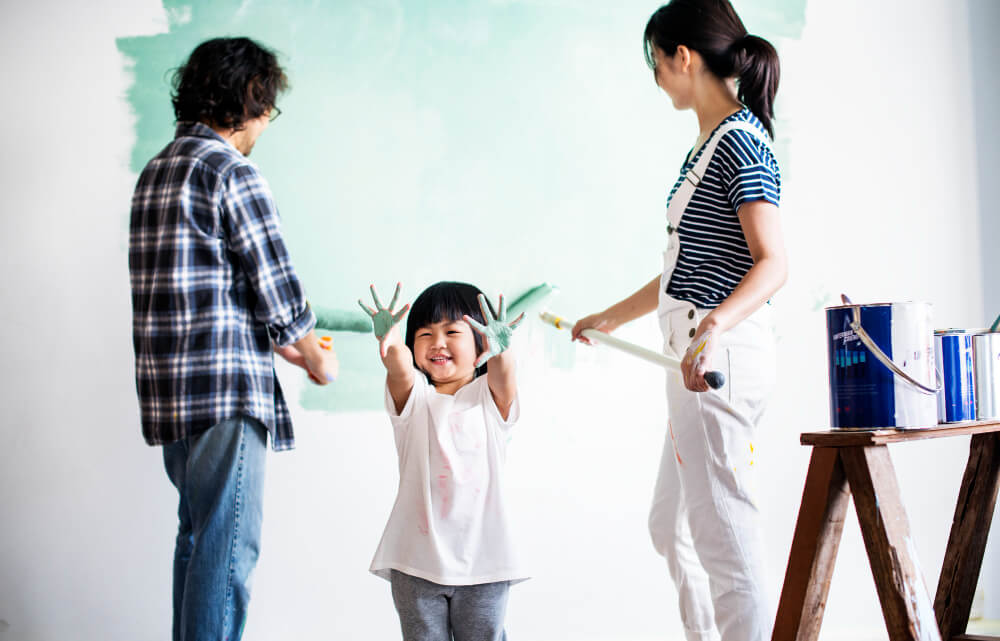
Consider a typical moment at home: your child becomes fascinated with how water swirls down the plughole. It’s easy to dismiss this as a distraction from getting dressed or tidying up. But in that moment, your child is engaging in scientific thinking, observing, questioning, and making predictions. When parents respond with, “That’s interesting! What do you notice?” rather than “Hurry up,” they reinforce that curiosity is valued, not disruptive.
Nurturing curiosity through home routines
You don’t need special activities or educational toys to support curiosity at home. Everyday moments offer powerful opportunities:
During meals: Encourage conversations about where ingredients come from, or ask why rice needs water to cook.
On walks: Turn attention to textures, patterns, or sounds: “What does this tree bark feel like? Why might this path be bumpy?”
While reading stories: Pause to ask, “What do you think will happen next?” or “Why did that character do that?”
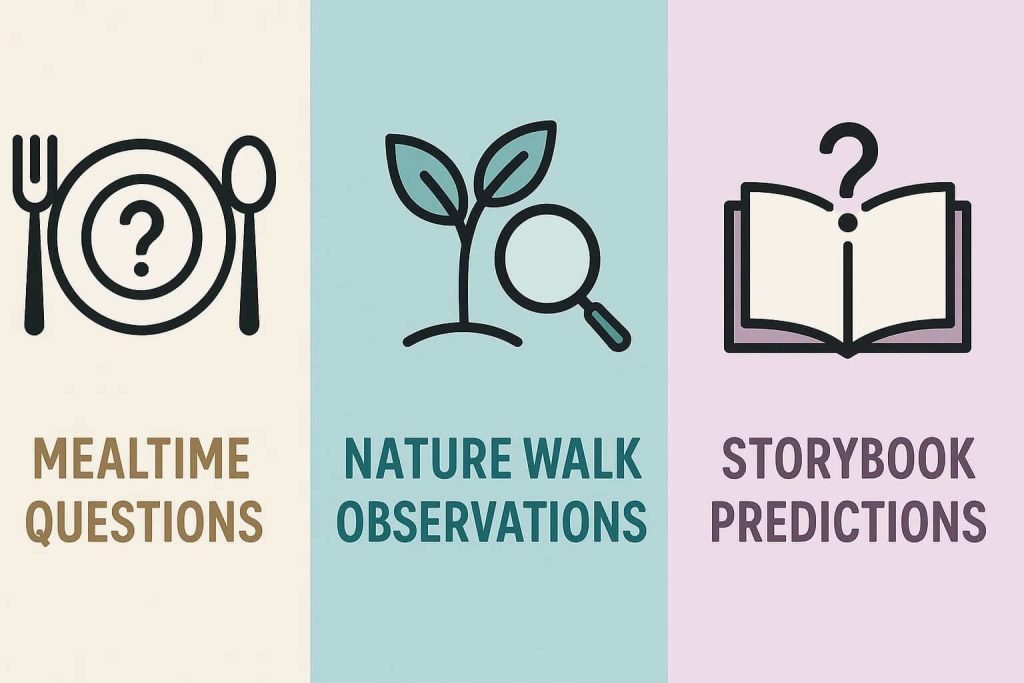
Curiosity as a Pathway to Self-Regulated Learning
Curiosity strengthens students’ ability to manage their own learning. In early childhood education, this connection between curiosity and self-regulation is especially significant. When children are encouraged to ask questions, investigate ideas, and reflect on their discoveries, they begin to practise essential skills such as focus, persistence, and adaptability.
Rather than relying solely on external prompts, curious learners initiate their own inquiries. For instance, a student intrigued by shadows during a morning walk may begin to ask why they change shape throughout the day. With guidance, this can evolve into an interdisciplinary investigation involving science, movement, and storytelling, all driven by the learner’s curiosity.
Parents who foster this kind of independent thinking help students build metacognitive habits early on. These habits enable young learners to monitor their progress, adjust their strategies, and make informed decisions. In turn, they become more resilient when facing new challenges, whether during a class project or in navigating new social situations.
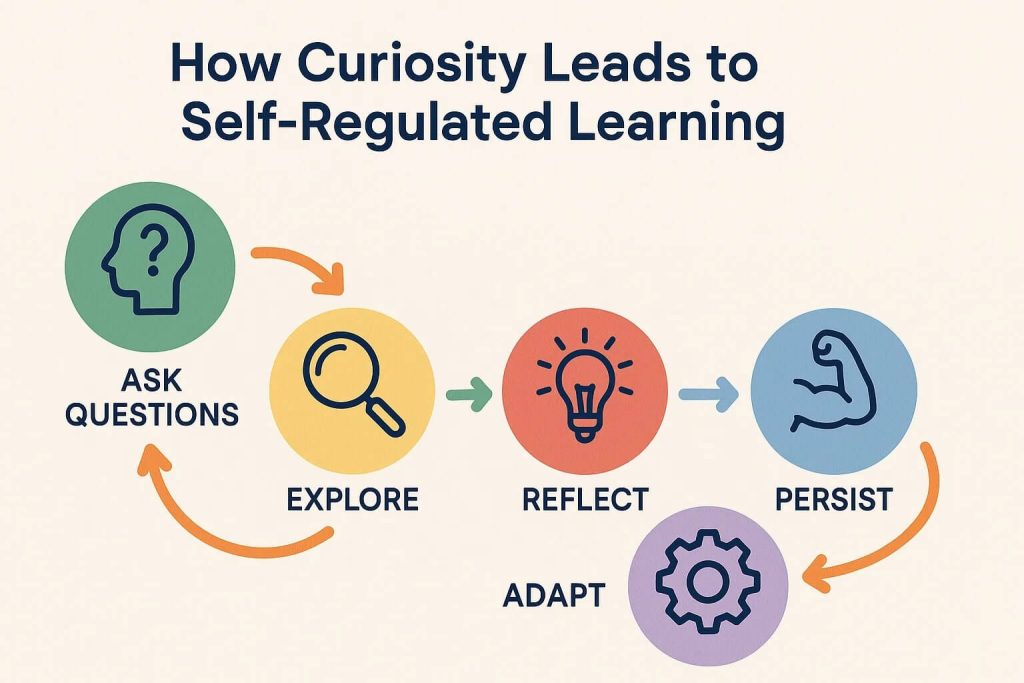
Linking Curiosity to Lifelong Learning and Global Readiness
In a world where industries evolve faster than university curricula can keep up, one trait is increasingly essential: the ability to learn continuously. Curiosity is the foundation of adaptability, innovation, and critical thinking in adulthood. For globally-minded families, this is especially relevant.
From early questions to future pathways
When young children ask, “Why is the moon out during the day?” or “What happens if we don’t recycle?”, they’re doing more than being inquisitive. They’re learning how to frame problems, seek information, and explore multiple perspectives. These are the same habits that universities and employers value, especially in a global context where cultural fluency, empathy, and independent thinking are vital.
A child who learns to ask thoughtful questions today may one day design sustainable housing for flood-prone regions, contribute to cross-border medical innovation, or develop solutions for ethical AI. While this may sound lofty, the seeds are sown early, often through simple, curious moments that parents help nurture.
Building future-ready competencies
Curiosity in early years education lays the groundwork for:
Resilience: Students who are curious tend to cope better with uncertainty, as they’re used to navigating the unknown.
Collaboration: Asking questions and listening to others’ ideas fosters respectful dialogue.
Creativity: Open-ended exploration invites novel thinking and problem-solving.
Nurturing Curiosity As a Quiet Superpower
Curiosity in early childhood isn’t a distraction from learning; it is learning. By encouraging questions, welcoming wonder, and valuing exploration over perfection, parents help shape confident, motivated learners who are better prepared for an unpredictable world.
Whether at home or in school, fostering curiosity gives children a lifelong advantage. It strengthens their ability to think deeply, connect ideas, and find joy in discovery. In a globalised future that demands adaptability and creativity, curious minds will be the ones leading with insight and empathy.
For more insights on raising globally ready, future-focused learners, explore the resources available at AISL Mall.
Explore a wide range of toys and play products and services that support early childhood development.
Get a special discount by quoting code AISLMALL during CHECKOUT.
Beleduc Toys
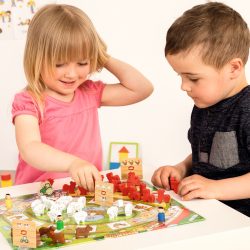
Beleduc is a family-run company with a long tradition in developing educational and learning toys for children of kindergarten and preschool age. With over 60 years of experience, Beleduc is renowned for its commitment to quality in toys.
Hasbro Toy Shop
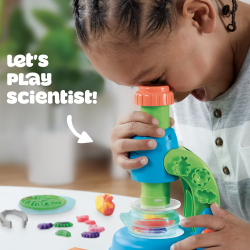
The Hasbro Toy Shop offers consumers direct access to Hasbro’s full brand portfolio, including beloved classics like Nerf, My Little Pony, Transformers, and Monopoly, as well as exciting new favourites. Explore the latest arrivals, best-selling favourites, and exclusive specialty items across a seamless, customer-centric online shopping experience.
Hape Toys
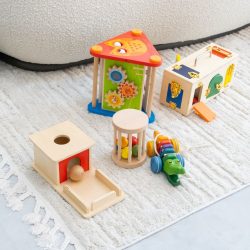
Hape offers high-quality, sustainable educational toys that inspire creativity, imagination, and learning. With a focus on STEM and wooden toys, they support cognitive, motor, and social development. Designed for safety and environmental responsibility, Hape toys encourage curiosity and exploration for all ages.
Happy Baton Toys Renting Plans Subscription

Happy Baton offers a sustainable, cost-effective solution for parents by allowing them to borrow toy boxes and play equipment every four weeks. This encourages smarter, greener play, supporting children’s creativity, social skills, and cognitive development without the clutter or cost of owning toys.
Learning Resources Educational Toys
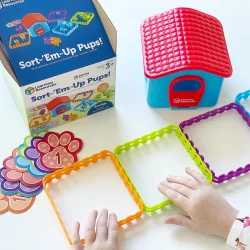
At Learning Resources, we create fun and engaging educational toys for kids that will provide a fun learning experience and inspire them to develop a lifelong love of learning. No matter what your child wants to be when they grow up, our range of educational toys and resources will help your little ones get there. Learning through play is an essential part of growing up. Children’s developmental skills and understanding of their world grow in leaps and bounds through hands-on play.
LEGO® Education STEM Exploration Kits
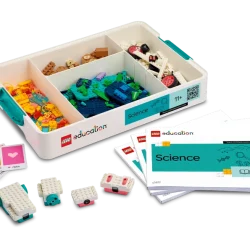
LEGO® Education STEM Exploration Kits provide hands-on, engaging learning solutions that ignite students’ natural curiosity and wonder. Featuring familiar LEGO® bricks, these curriculum-aligned kits empower students to explore STEM concepts through creative problem-solving and collaborative learning experiences. Unlock limitless potential and inspire a lifelong love of learning with LEGO® Education’s STEM Exploration Kits.
Mattel Toy Store
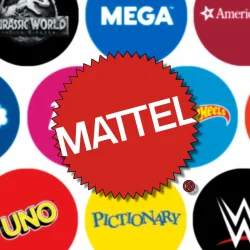
Discover the entire universe of Mattel’s beloved brands at the Mattel Shop. Explore an endless variety of toys, collectibles, and specialty merchandise – from cherished classics like Barbie, Hot Wheels, and Fisher-Price to enchanting new favourites like American Girl. Browse the latest arrivals, best-selling fan-favourites, and exclusive limited-edition collections, all within a seamless, customer-centric online experience. With unparalleled convenience and hassle-free returns, the Mattel Shop makes it effortless to bring home the magic of Mattel’s iconic playthings. Unlock your imagination and elevate your play today.
Potential City 4D Puzzle
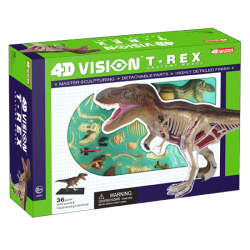
The Potential City 4D Vision™ collection offers hands-on exploration of animal anatomy through 4D puzzles. It helps build knowledge, dexterity, and mental acuity, featuring an assembly guide, anatomy descriptions, life cycle details, eating habits, and fun Q&As to test your knowledge.
Turtle Learn Touring Turtle Bundle
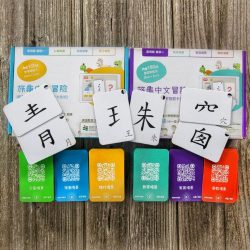
Touring Turtle A Chinese Adventure” is an iPad card game that helps kids (grades 1-3) learn over 350 Chinese characters and vocab. It teaches Mandarin and Cantonese pronunciation, stroke order, and puzzle formation. The game features Montessori tactile cards and progress tracking for parents.


